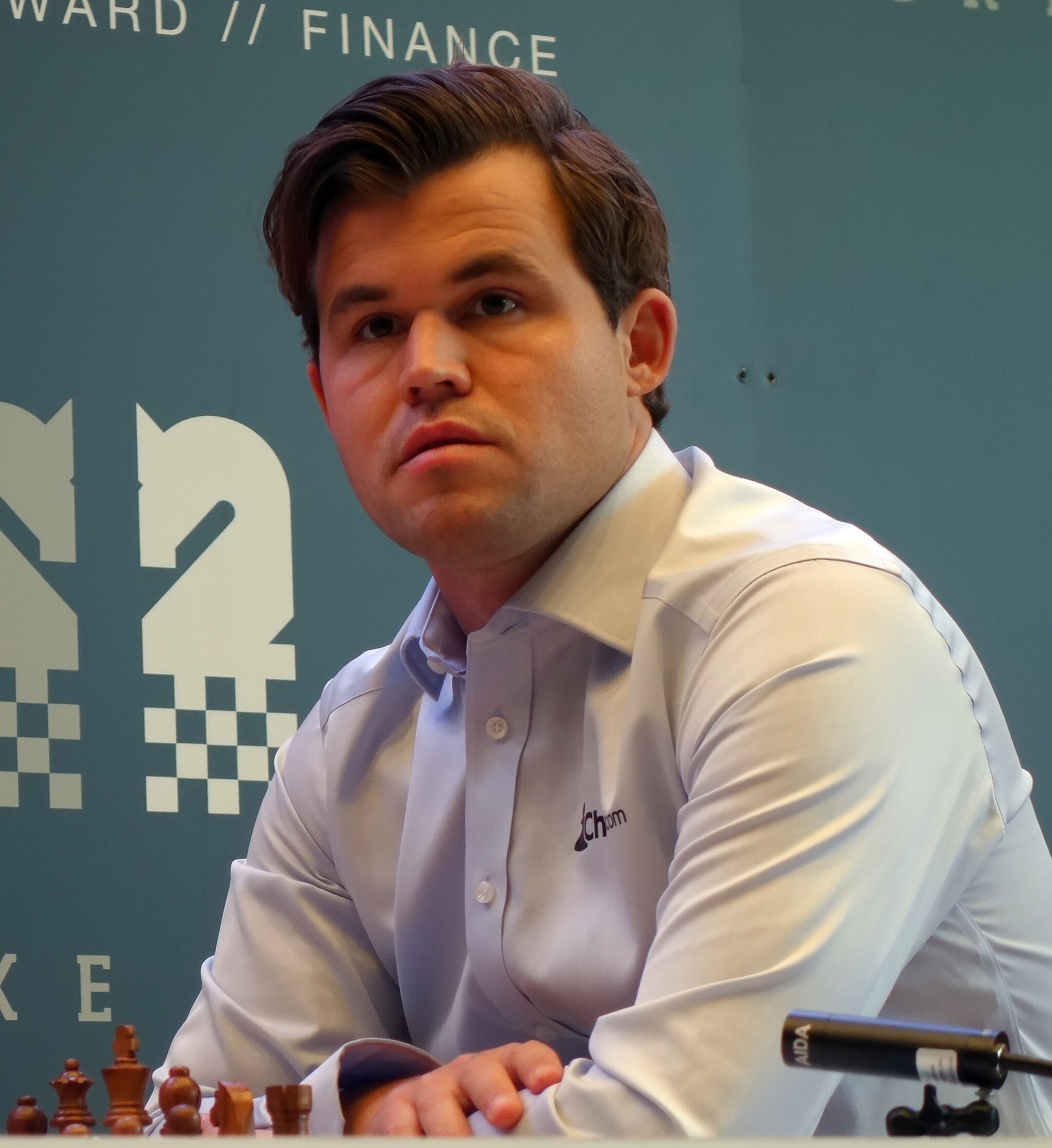The chess world is about to converge on an island off the coast of Singapore with the express goal of crowning a world champion. For the two grandmasters involved, it will be the culmination of months of preparation and a lifetime of study, with $2.5 million on the line.
The only problem: the match won’t feature the game’s best player. In fact, it may not even be the most hotly anticipated chess showdown held in Singapore this month.
That’s because Magnus Carlsen and Fabiano Caruana, the No. 1 and No. 2 players on the planet, will be playing a match of their own—and it will look nothing like the stuffy title fights that have gone on for decades. Bored with tradition, these two will instead lock horns in a battle that breaks with older chess formats in order to show where the ancient game is heading.
So while the classical championship pits the world No. 5 Gukesh Dommaraju against the defending champion and world No. 23 Ding Liren, Carlsen and Caruana will be playing a version of the game called Fischer Random chess, where the pieces on the back rank of the board are lined up in random order.
Their match is more than a gimmick. It’s a loud statement about why the game is booming in popularity—and it’s not because of painstaking matches that take hours and leave audiences cold. Top players and casual hobbyists alike want games that are spontaneous tests of chess skill rather than endless duels of memorized sequences.
That’s where Fischer Random comes in. Popularized by the American champion Bobby Fischer, the 960 possible starting positions mean that every game poses a fresh set of problems that require creative, improvised solutions. And Carlsen’s new Freestyle Chess startup, already backed by millions in venture capital money with 25 of the world’s top players committed to play on the tour, underscores his belief that the format can grip fans across the globe.
“What we’re playing now is in many ways a purer, long-form game than normal classical chess,” Carlsen says. “You’re sitting down at the board, and you have to think from the very beginning, and it just feels fresh.”
To Carlsen, the five-time world champion from Norway and the highest rated player chess has ever known, these games in the new Freestyle Chess Summit are a more exciting intellectual challenge than spending months studying for a single match. It’s why Carlsen shocked the chess community by willingly ceding his throne as world champion in 2022. He wasn’t done with the game—he just wanted to pursue it in new ways.
Fischer Random scratches that itch. And it signals how the center of gravity in chess has increasingly shifted away from the world championship, the one match that used to capture the globe’s attention.
These days, many players prefer speed chess, where games might last only a few minutes. Carlsen still competes for the World Blitz Chess Championship, which he has won a record seven times.
And what fast-paced games have in common with Fischer Random is that they force players to rely on their own brain power instead of super-powered computers.
“I’ve always advocated for types of chess where you have more of a chance to show difference in an ability,” Carlsen says.
The unspoken force that has reshaped classical chess more than any other is the rise of super-powerful chess engines. Elite players are now able to study lines to a depth and level of sophistication that Carlsen says has tilted the balance of the game. It’s no wonder then that classical contests so easily turn into boring slogs rather than duels of offensive wits. Most individual games at a world championship match now result in draws.
“It shouldn’t be this hard to actually create winning chances,” Carlsen says. “Or to get a game at all—it should be more free flowing than that.”
Other formats, meanwhile, can produce dramatic slugfests rife with attacking opportunities—and fans of the game can’t get enough. On Chess.com, 13 of the 20 most-watched events haven’t been classical matches.
Which is also the idea behind the Freestyle Chess tour, launching next year with $12 million in venture capital support for games that might look like grandmasters forgot how to properly set up their boards. The bet Carlsen and others are making is that a radical format can appeal to a mass audience ready to watch a new type of chess challenge: The random positioning means everyone tuning in is trying to solve a new puzzle at the same time as him.
“People find it fascinating,” he says, “that top players are almost as clueless as they are at home.”
Write to Andrew Beaton at andrew.beaton@wsj.com and Joshua Robinson at Joshua.Robinson@wsj.com



